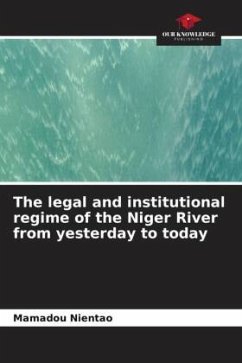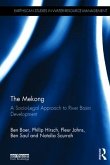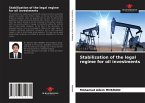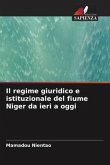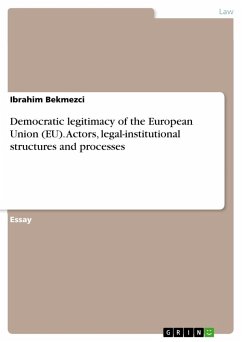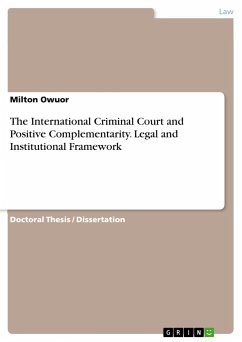This book addresses an issue of vital interest to West Africa: the management of an international river. The first part reveals the contrast of the different regimes that the Niger Basin has experienced. The lege ferenda regime of the Niger Basin, for which the survival of the old Berlin (1885) and Saint-Germain-en-Laye (1919) regimes seems doubtful, is aligned with the management model of rivers such as the Congo and the Senegal. The new regime is dominated by a Water Charter, adopted on April 30, 2008, it determines relatively rights and duties of the nine States on the reasonable and equitable use of the Basin. To date, this international treaty has four annexes that are added to it to form the corpus iuris of management of the said river. In order to guarantee this integrated management, an international organization in the form of a basin organ was created in 1964 (Niger Basin Commission), and in 1980 it became the Niger Basin Authority, in charge of promoting a cooperative framework between the States concerned. In order to strengthen this institutional framework, each State endeavors to set up national structures for river management.
